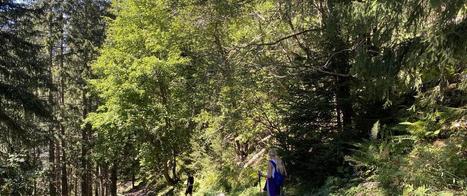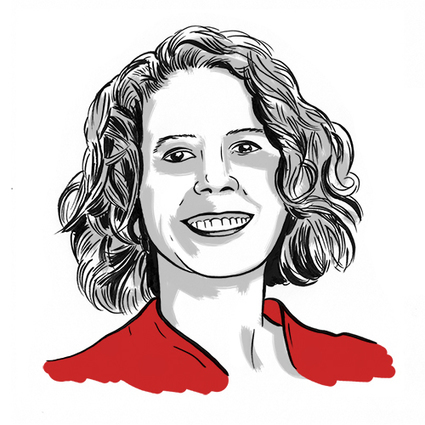Research and publish the best content.
Get Started for FREE
Sign up with Facebook Sign up with X
I don't have a Facebook or a X account
Already have an account: Login
 Your new post is loading... Your new post is loading...
 Your new post is loading... Your new post is loading...
|
|














A great overview of the Subject/Object Interview process. If you want to read further, I suggest purchasing Jennifer's fantastic book, 'Changing on the Job' or if you want to develop your leadership/coaching practice, consider joining the Growth Edge Coaching program.
This draft chapter explores the intricacies of the Subject-Object Interview, the measure of Robert Kegan’s theory of adult development and thus one of the primary means of assessing self-authorship. The author focuses on using the interview as an intervention to assist adults in moving toward self-authorship and the dilemmas involved in doing so.